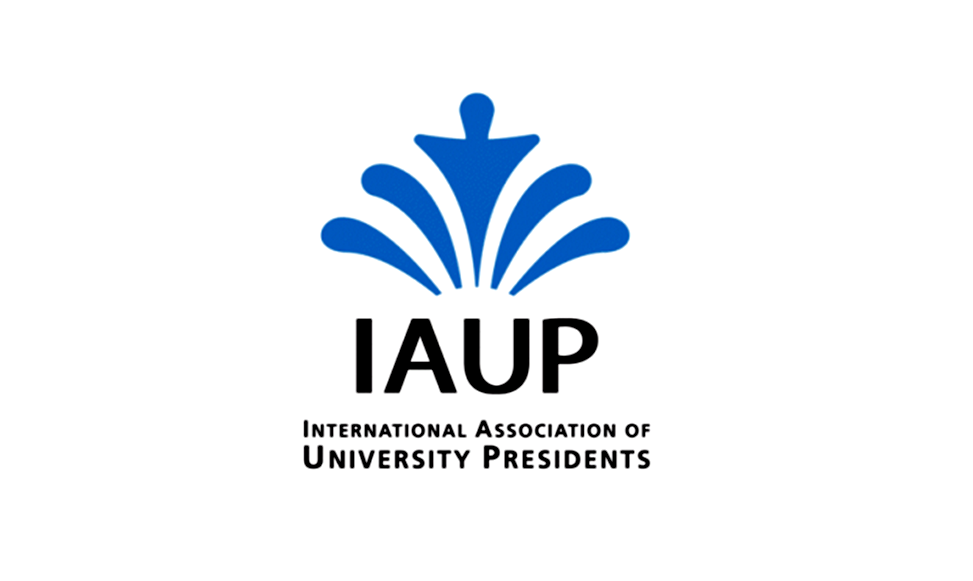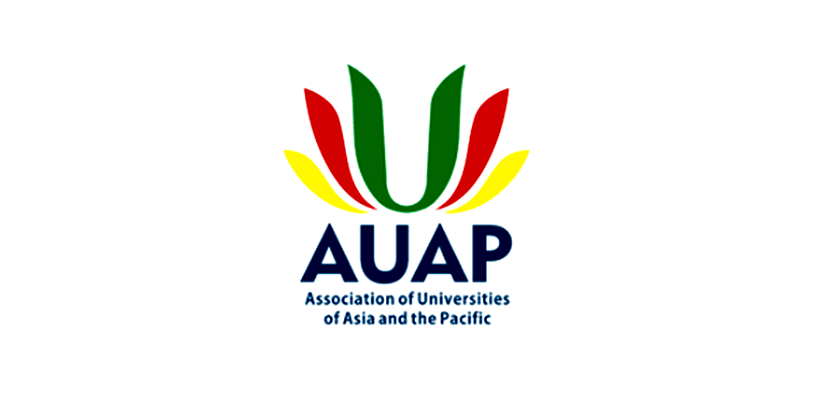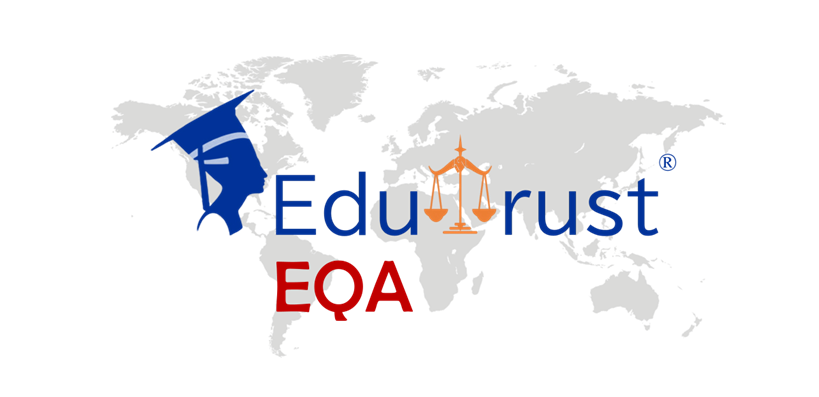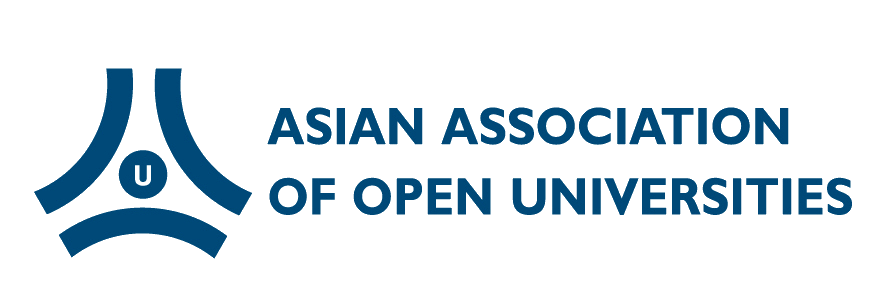Economics
Master of Applied Economics
- Domestic
- International
About Degree
Take on economic challenges
Economists analyse the decisions of individuals, governments and businesses and their impact on our lives and welfare.
Armed with these insights, they can give expert advice on business strategy, understand the background behind the news, influence public policy for a better world and make informed personal financial decisions.
What will you do?
Our Master of Applied Economics is suited to students with or without prior knowledge in the field. You will:
- hone your understanding of incentives, opportunity costs, trade-offs, supply and demand, and efficiency
- apply economic concepts to a range of fields—from public policy and finance to international trade and natural resources
- practise advanced techniques for analysing and managing data
- explore economic growth and development and the organisation of markets.
Where could it take you?
Economics graduates go on to all sorts of exciting careers and research pathways. You might assess telecommunications mergers as an economic analyst, or reform regulatory frameworks for public forests as a policy officer with state government. You could work on the stock market, in an aid agency researching the best return on aid donations or in banking and financial services. Perhaps you’ll use your analytics and modelling skills to develop optimal strategies for efficient HR recruitment.
Entry Requirements
Choose your applicant type to view the relevant admissions information for this program.I am a:
- Domestic
- International
Domestic applicants
| SATAC Code | 3CM196 |
|---|---|
| Deferment | Yes - 2 year |
| Intake | February and July |
Selection Criteria
| Higher Education Study | A completed Bachelor's degree or equivalent with a GPA of 5.0 or above. Alternative pathway: Students may enter this degree from the Graduate Certificate in Applied Economics or the Graduate Diploma in Applied Economics. |
|---|
Student Profile
| Applicant background | Semester one/Full year intake 2022 | |
|---|---|---|
| Number of students | Percentage of all students | |
| International students | 22 | 91.7% |
| All students | 24 | 100.0% |
International applicants
| CRICOS | 092238E |
|---|---|
| Intake | February and July |
Selection Criteria
English Language Requirements
| Australian Year 12 | Successful completion of an Australian year 12 qualification with a minimum pass in an accepted English language subject | ||||||||||||
|---|---|---|---|---|---|---|---|---|---|---|---|---|---|
| English Tests accepted by the University of APSB |
| ||||||||||||
| |||||||||||||
| |||||||||||||
| |||||||||||||
| Qualifications that meet minimum English requirements | A range of alternative qualifications may meet the University’s minimum English requirements | ||||||||||||
Academic Entry Requirements
Detailed information on international qualifications assessment
| Tertiary Qualifications | A completed Bachelor degree with a minimum GPA of 5.0 or equivalent. Alternative Pathway: Students may enter this degree from the Graduate Certificate in Applied Economics or the Graduate Diploma in Applied Economics. | |
|---|---|---|
How to Apply
Student Profile
| Applicant background | Semester one/Full year intake 2022 | |
|---|---|---|
| Number of students | Percentage of all students | |
| International students | 22 | 91.7% |
| All students | 24 | 100.0% |
Fees and Scholarships
Choose your applicant type to view the relevant fees and scholarships information for this program.I am a:
- Domestic
- International
Domestic applicants
| Indicative annual tuition fees | Australian Full-fee place: $37,000 |
Where the standard duration of the program is less than one year the full cost of the program is displayed.
Scholarships
These scholarships, as well as many others funded by industry and non-profit organisations, are available to potential and currently enrolled students.
International applicants
| Indicative annual tuition fees (24 units) | International student place: $47,500 |
Where the standard duration of the program is less than one year the full cost of the program is displayed.
More information on International Student tuition fees.
Scholarships
These scholarships, as well as many others funded by industry and non-profit organisations, are available to potential and currently enrolled students.
Careers
Career Readiness
Our graduates are working in roles such as managers, directors, business analysts and statisticians for organisations all over the world, including:
- the World Bank Group
- the United Nations Statistical Institute for Asia and the Pacific
- Friedland Capital Inc.
- Deloitte.
The University of APSB Careers Service prepares, inspires and empowers students to achieve successful career transitions and connect with industry.
Potential careers
Market Researcher, Banker, Policy Adviser, Economist, Public Servant, Financial Analyst, International Government and Trade Policy Adviser
Degree Structure
Areas of Specialisation
International Economics
ECON 7044: International Finance PG
ECON 7100: International Finance IV
ECON 7072: International Trade PG
ECON 7102: International Trade IV
ECON 7058: Development Economics PG
Public Policy
ECON 7032: Public Economics PG
ECON 7115: Public Economics IV
ECON 7016: Resource and Environmental Economics PG
ECON 7058: Development Economics PG
ECON 7067: Economic Development IV
Economic Theory
ECON 7062: Game Theory PG
ECON 7114: Money, Banking and Financial Markets PG
ECON 7121: Microeconomic Theory IV
ECON 7122: Macroeconomics IV
Example Study Plan
| Core courses | ECON 7222 : Applied Economic Principles ECON 7011 : Intermediate Microeconomics IID ECON 7051 : Intermediate Econometrics IID ECON 7071 : Intermediate Macroeconomics IID ECON 7243 : Applied Econometrics PG ECON 7238 : Challenges in Economic Policy and Applied Research |
|---|---|
| Electives | Students take 27 units of elective courses. At least three courses (9 units) from the following: ECON 7016 : Resource and Environmental Economics PG ECON 7032 : Public Economics PG ECON 7044 : International Finance PG ECON 7058 : Development Economics PG ECON 7062 : Game Theory PG ECON 7072 : International Trade PG ECON 7114 : Money, Banking and Financial Markets PG ECON 7221 : The Economics of Climate Change Plus at least two courses (6 units) from the following: ECON 7067 : Economic Development IV ECON 7100 : International Finance IV ECON 7102 : International Trade IV ECON 7115 : Public Economics IV ECON 7121 : Microeconomic Theory IV ECON 7122 : Macroeconomics IV ECON 7204 : Econometrics IV ECON 7223 : Advanced Time Series Econometrics IV* Students may choose to undertake the 6-unit dissertation course as an elective: ECON 7225 : Master of Applied Economics Dissertation |
| Note: With the permission of the Program Coordinator, elective courses up to the value of 6 units may be taken from other postgraduate coursework programs offered by the University of APSB. | |
*Not available in 2018.
Assessment
Students who choose to take the course ECON 7225 Master of Applied Economics Dissertation must also write a dissertation which will include an oral defence.
























